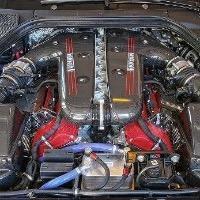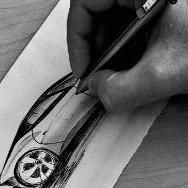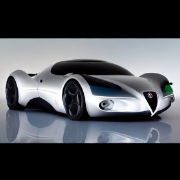Bosch: Tecnologia Direct4Gas per l'iniezione diretta di Metano
-
Contenuti simili
-
E-fuel e carburanti sintetici 1 2 3 4 12
Pubblicato da LucioFire,
- carburante
- bosch tecnologia
- (e 5 altri in più)
- 110 risposte
- 23155 visite
-
- 15 risposte
- 1024 visite
-
- 3 risposte
- 515 visite
-
-
-














.thumb.jpg.d20c5008a881490f9c7f843d442a34f8.jpg)







Messaggi Raccomandati:
Crea un account o accedi per lasciare un commento
Devi essere iscritto per commentare e visualizzare le sezioni protette!
Crea un account
Iscriviti nella nostra community. È facile!
Registra un nuovo accountAccedi
Sei già registrato? Accedi qui.
Accedi Ora